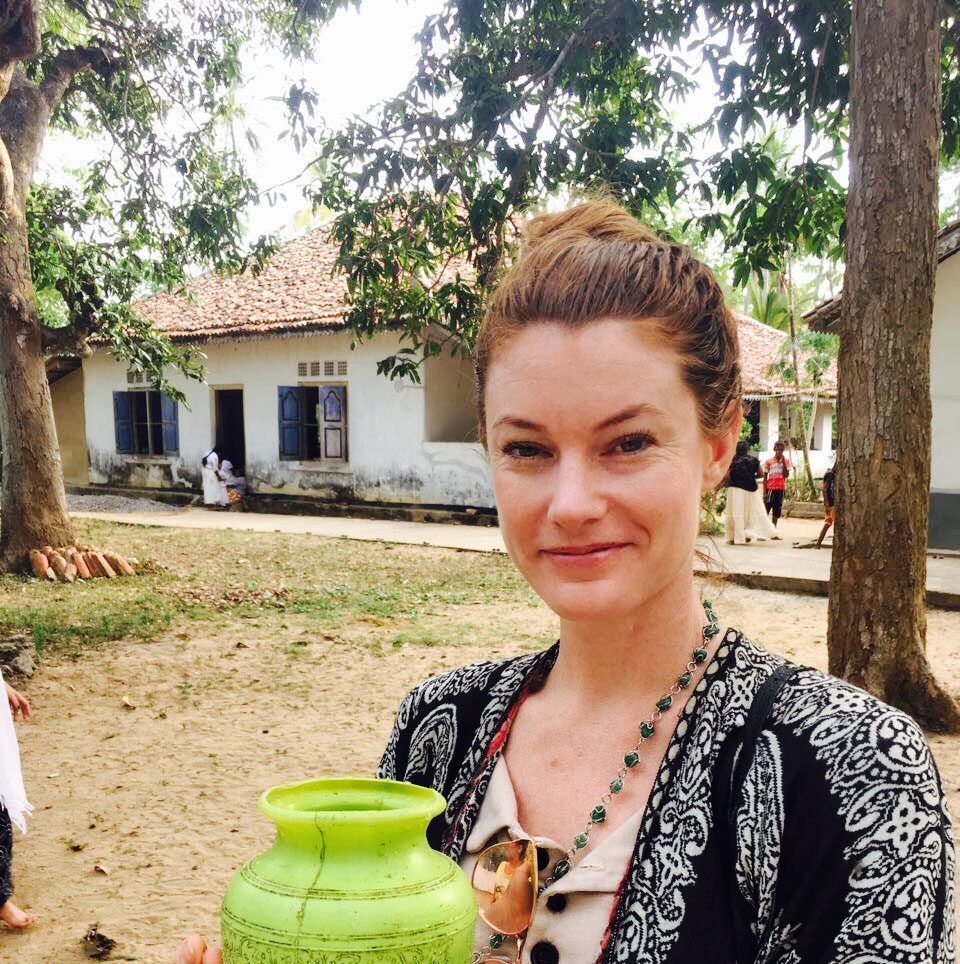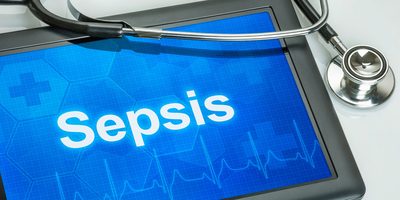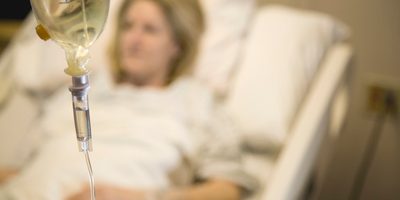
Kelly Thompson: saving lives by fighting sepsis
Meet Kelly Thompson, PhD Candidate and Senior Clinical Research Associate.
How long have you been working at The George Institute?
I’ve been here five and a half years, with Critical Care and Trauma!
What attracted you to working at The George Institute?
I was working as a registered nurse at Royal Prince Alfred Intensive Care and doing some work on the side for a cardiologist who was affiliated with The George Institute. He was doing some cardiovascular research in remote Indigenous communities. We were chatting one afternoon and he showed me the website and I was so impressed. I had been thinking about doing my Masters in Public Health (MPH) and was interested in a career in public health research. So, I decided that if I got into a MPH program and a job at The George I would leave nursing.
How would you summarise the research you do and the difference it will make to healthcare?
My PhD is looking at Sepsis, and the costs and long-term outcomes of Sepsis in Australia. When it comes to Sepsis it’s hard to know where to start. First, there is an incredible lack of public awareness. Prompt recognition and early treatment with antibiotics saves lives, so improving community and healthcare provider awareness of Sepsis is something we are focussing on through research and advocacy. Second, mortality rates from Sepsis are very high, 20-30% of patients with Sepsis in the ICU die. I’m involved in projects run through CC&T which aim to reduce the mortality burden due to sepsis, like the ADRENAL study which is led by Professor Bala Venkatesh and is looking at the role of steroids in treating patients with septic shock. I will be looking at the cost-effectiveness of this treatment. Third, the cost and the long-term effects of sepsis place a huge burden on survivors and their families and on the healthcare system. My research aims to unpack some of this burden in terms of defining what Sepsis costs in the long-term and what kind of outcomes survivors have. The big picture is to generate some solid evidence to illustrate the burden of disease in terms of clinical outcomes, cost and survivorship and to get some formal engagement going with stakeholders to work with us to address this issue.
Recently you were chosen to be a mentee in the Franklin Women's mentorship program. What attracted you to apply for this, and why are programs like this important?
Franklin Women is named after Rosalind Franklin, a pioneer in health and medical research, who was the first person to capture an image of DNA which led to the discovery of its structure in the 50s. Without her knowing, this image was shown to her male colleagues who interpreted her findings and published them in Nature. Her colleagues went on to win the Nobel Prize for this work. Such drastic gender inequality probably no longer exists in modern medical research but it’s still there. In 2016, a 19-member expert panel of critical care researchers from around the world got together to change the definition of Sepsis. It was an all-male panel. In my field. It isn’t intentional, it’s just a deep, subconsciously gender bias culture that exists and it exists across the board. Look at the scissor graphs of male and female researchers career trajectories. Women enter research at the same rate as men (or higher) but hold less than 30% of top academic positions. Everyone is aware of the problem but the challenge is to create change in an inclusive, appropriate, positive and effective manner. Mentorship programs like this teach us these skills.
What motivates you most in your work?
Making a difference to those who need it the most.
How did your career in research get started?
I was chatting with Dorrilyn Rajbhandari on the steps of RPA during tea-break when I was nursing. I was going for a job at The George with the CC&T team. She told me to read up on GCP to prepare for my interview. I was thinking ‘GCP. What the hell is that?’ Haha.
Why do you enjoy working at The George Institute?
The people. They are smart, happy to be here, passionate about what they’re doing and incredibly motivated to make a positive contribution to society.
To explain to people what I do I say…
I work in medical research…… Have you heard of Sepsis?
My biggest achievement so far is…
As a non-physician, female working in a highly specialised and male dominated area of research, I’ve become relentless when it comes to pursuing my dreams and ambitions. This has taken a lot of courage and is a huge achievement for me. ☺




